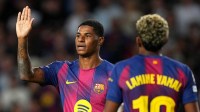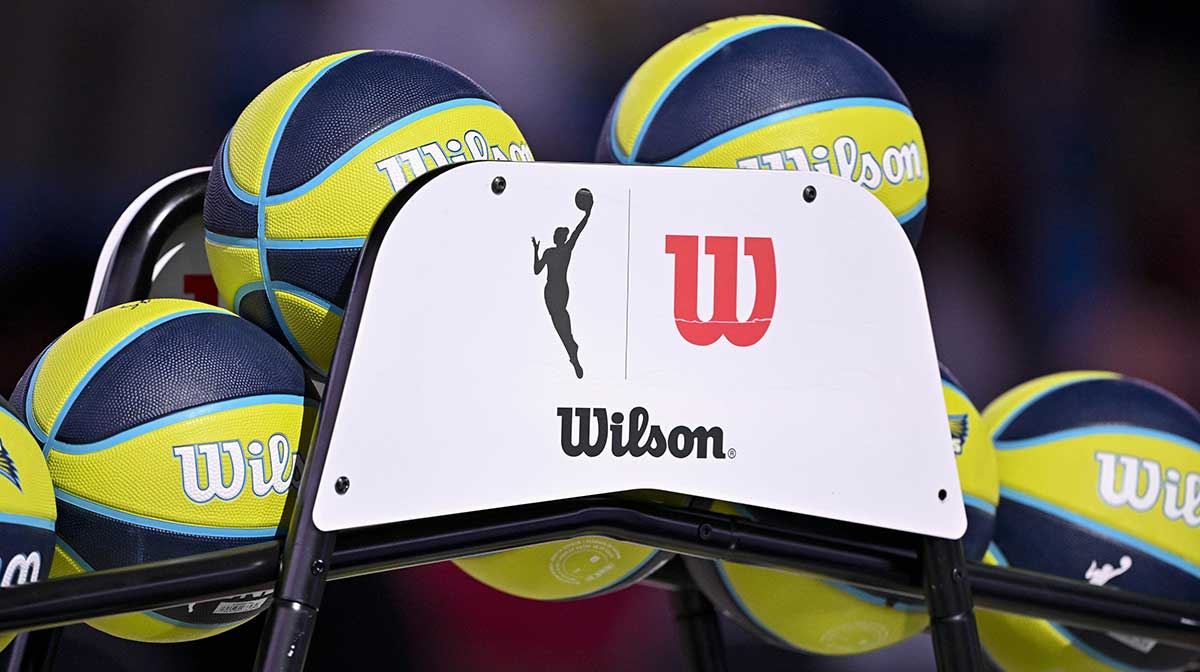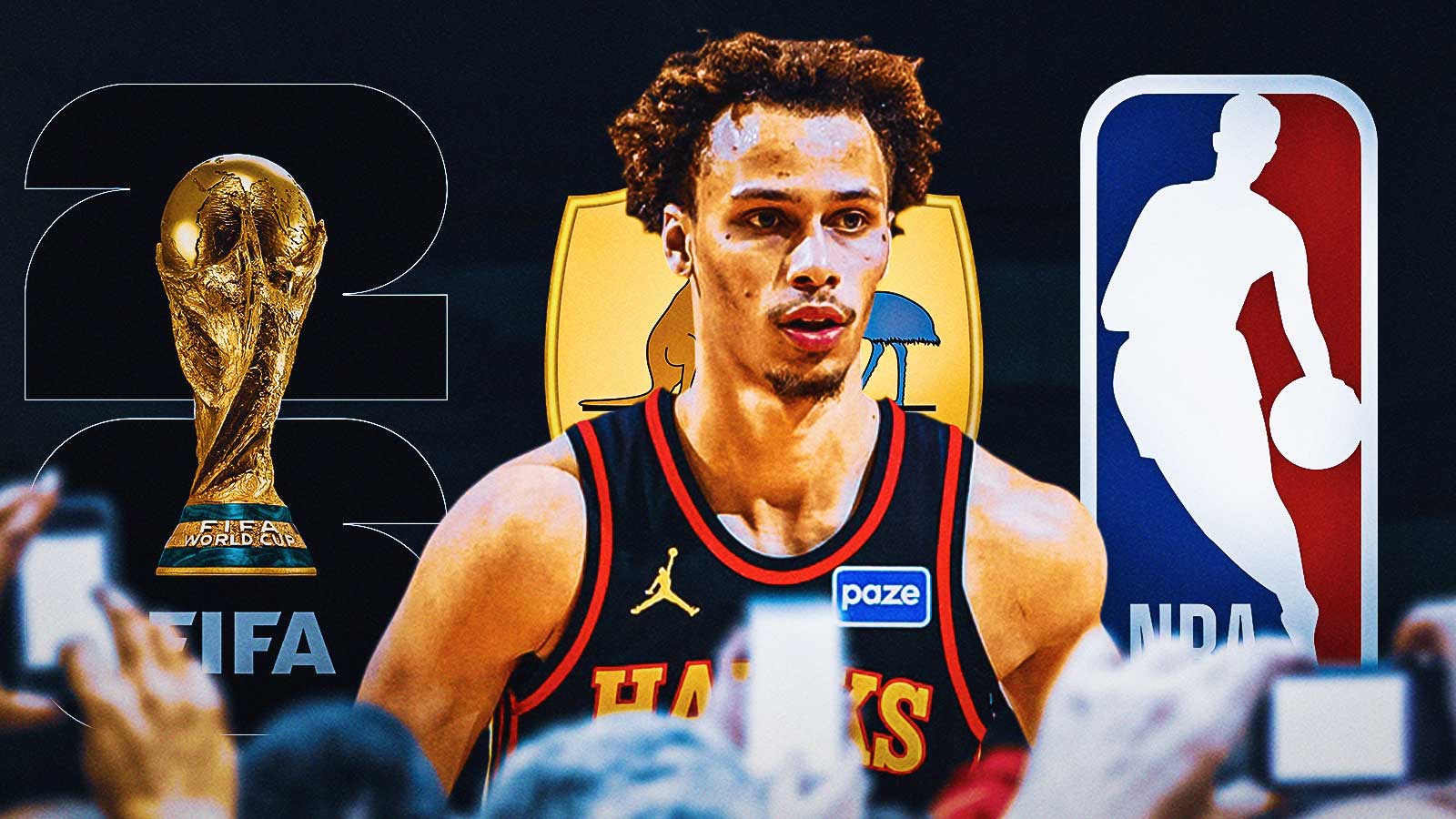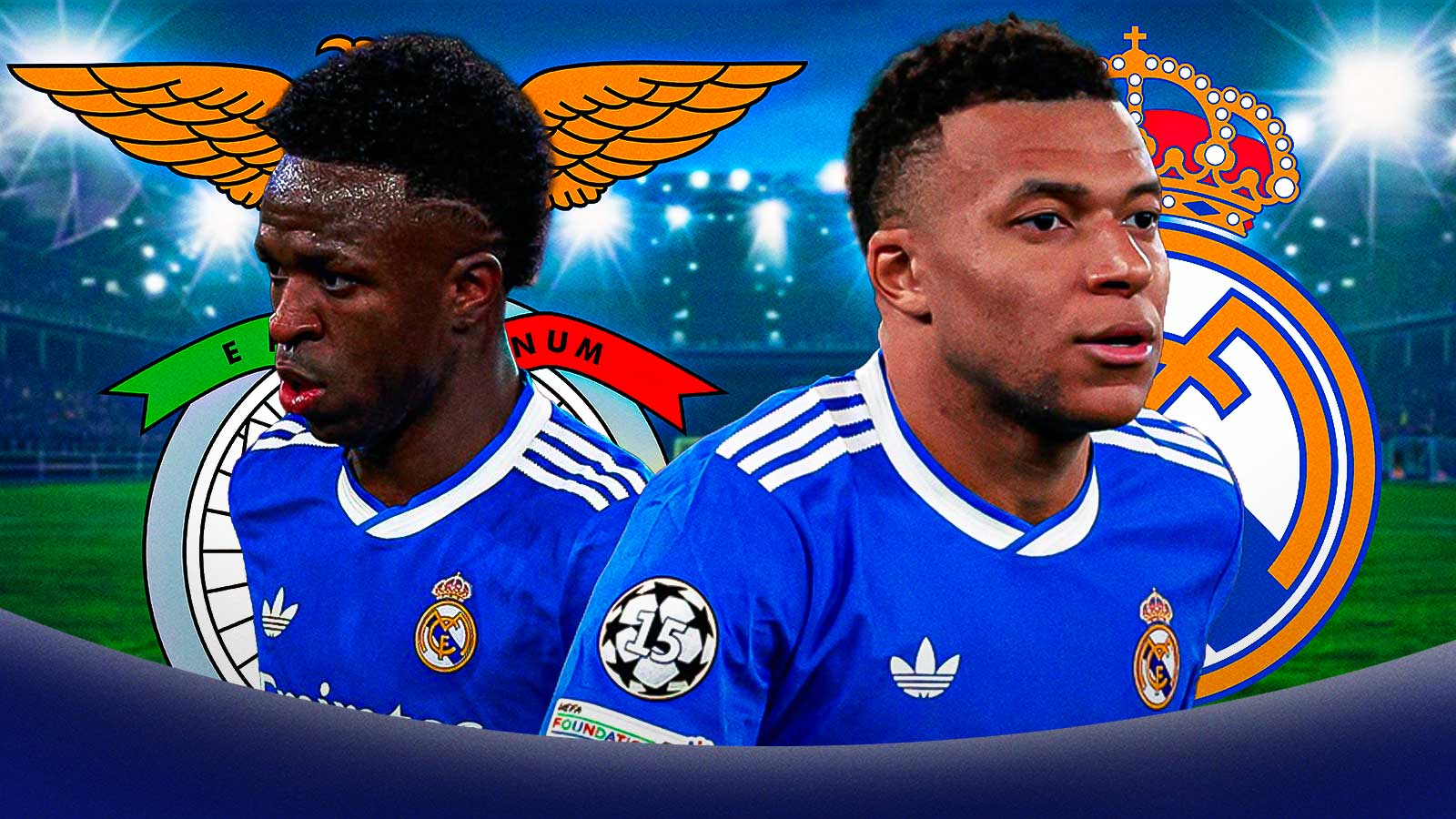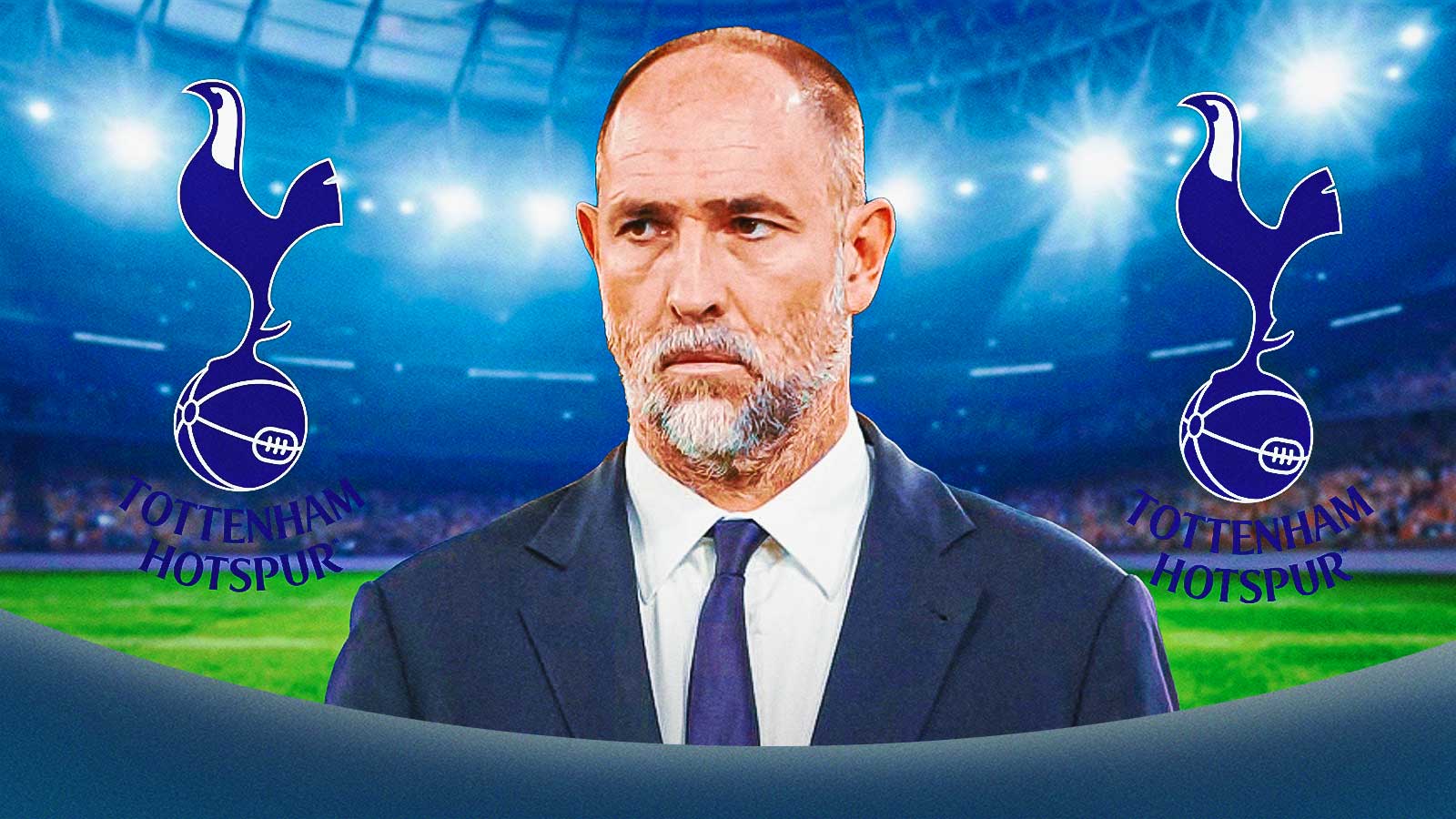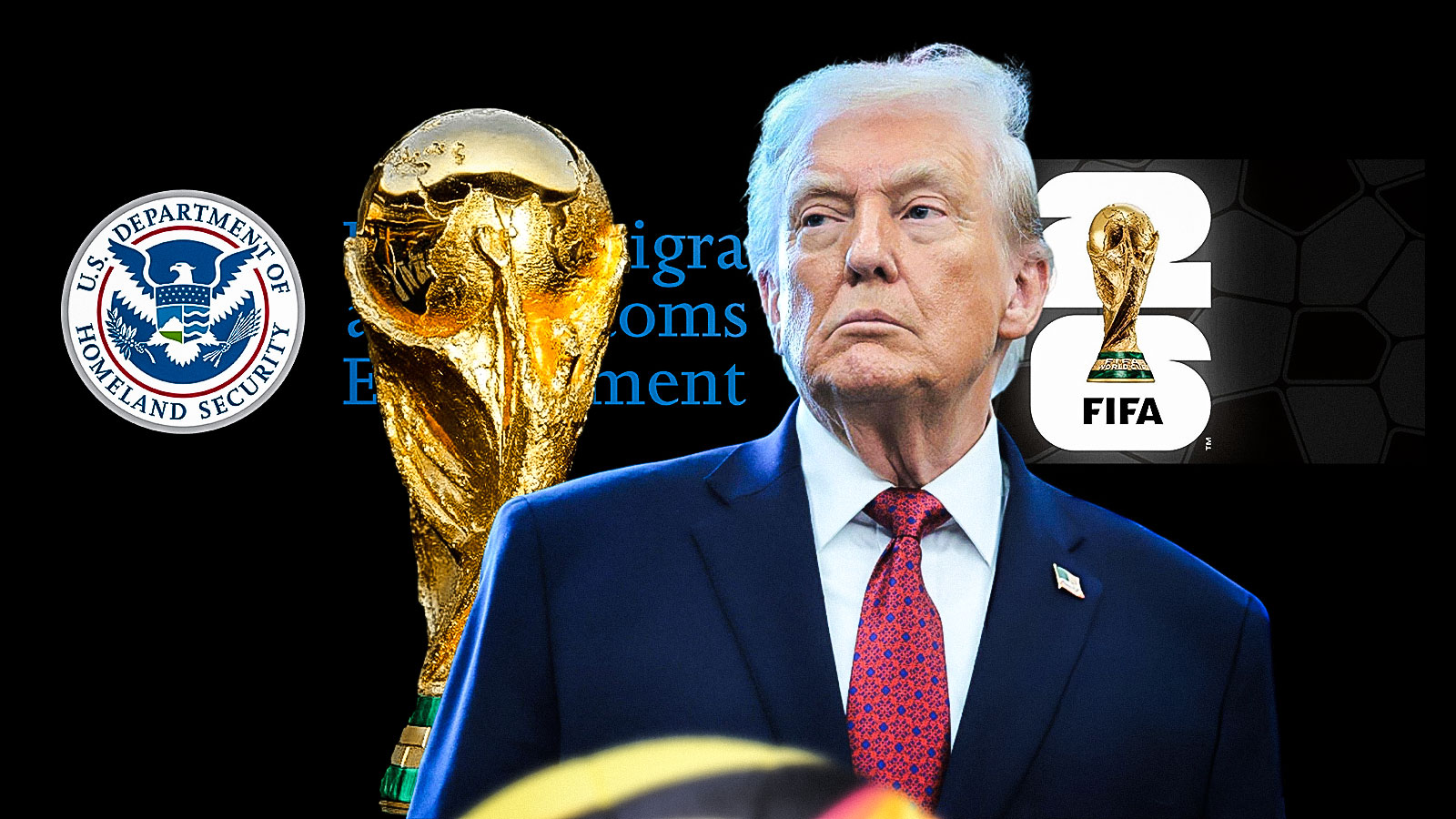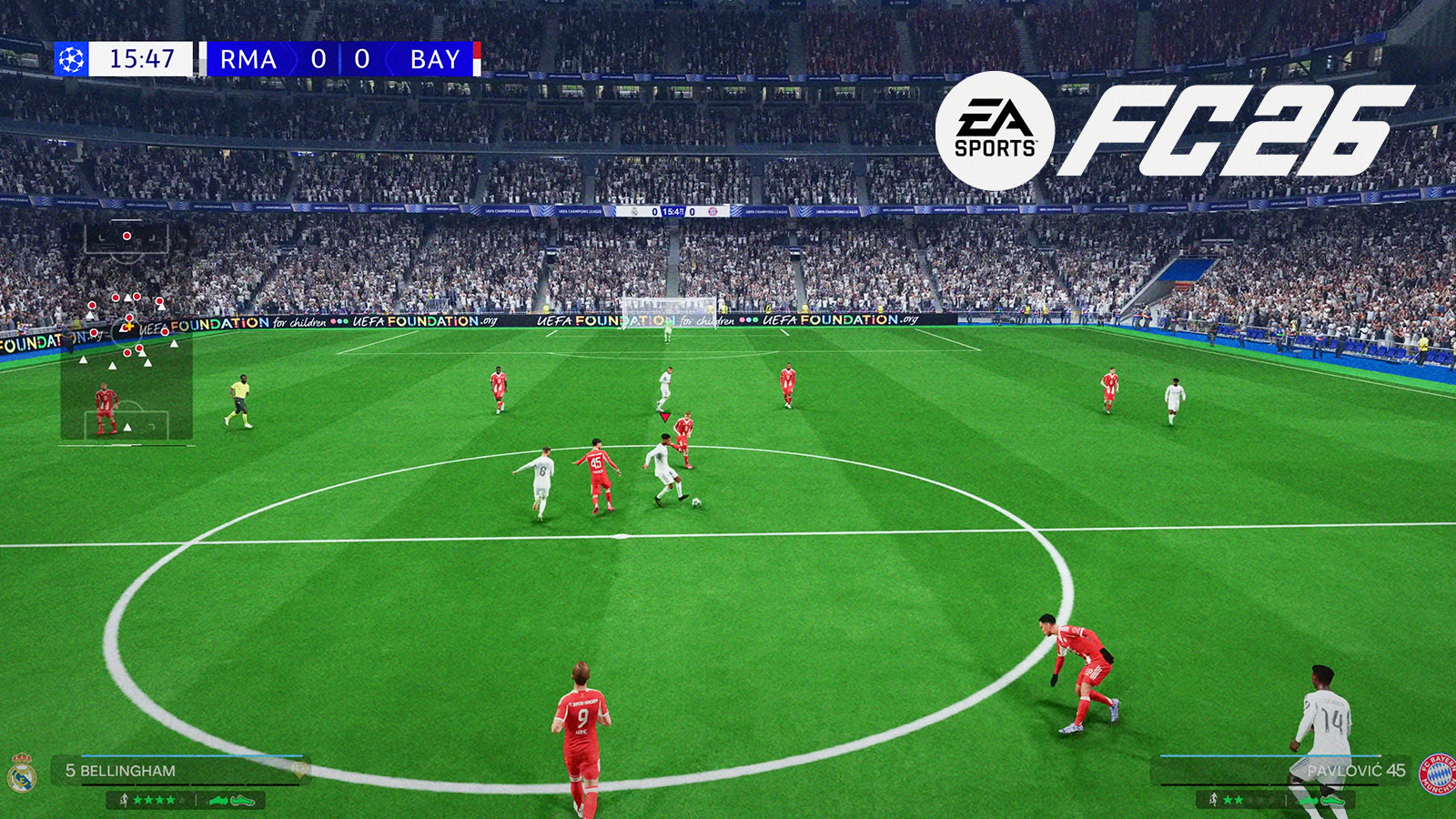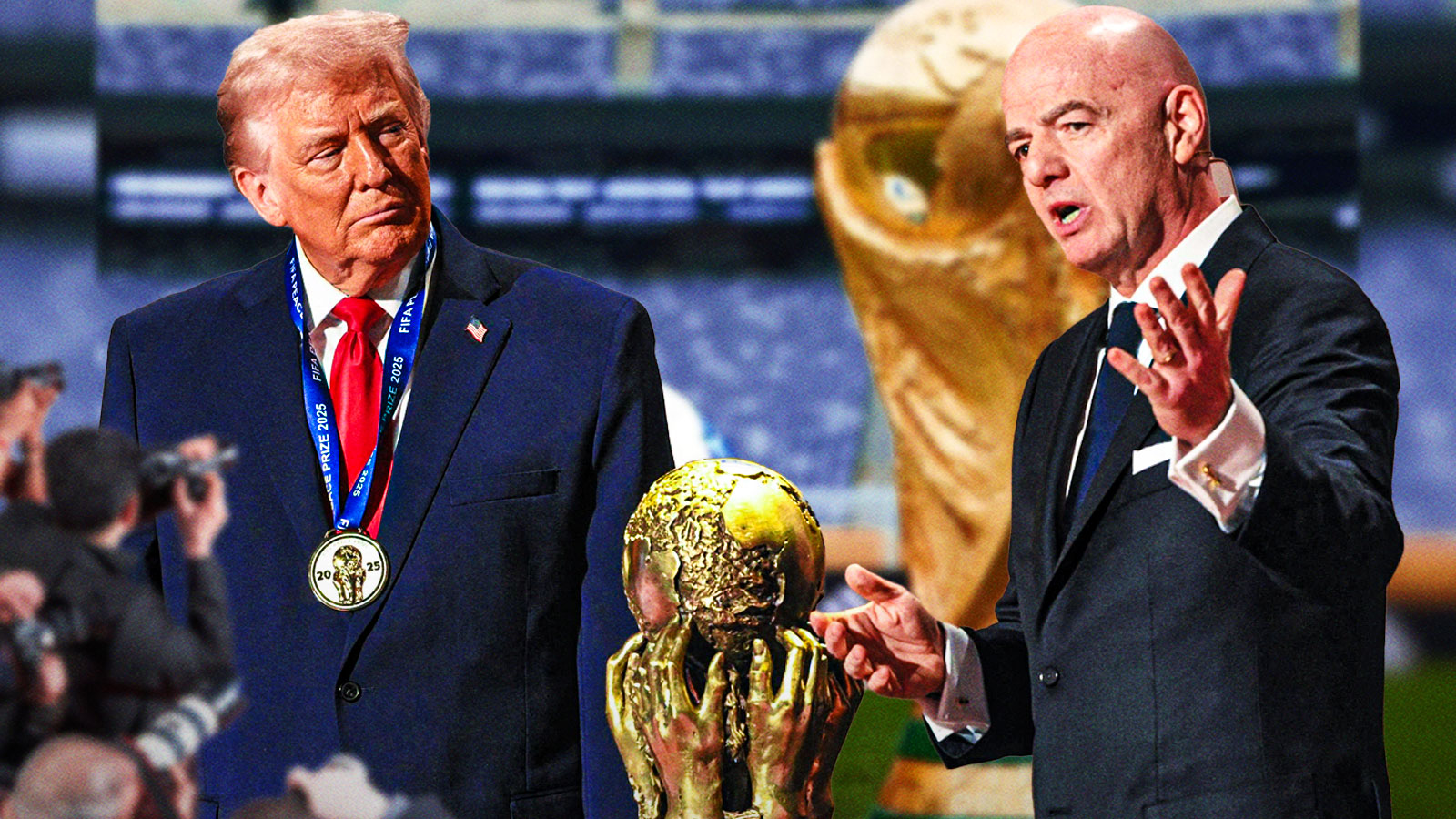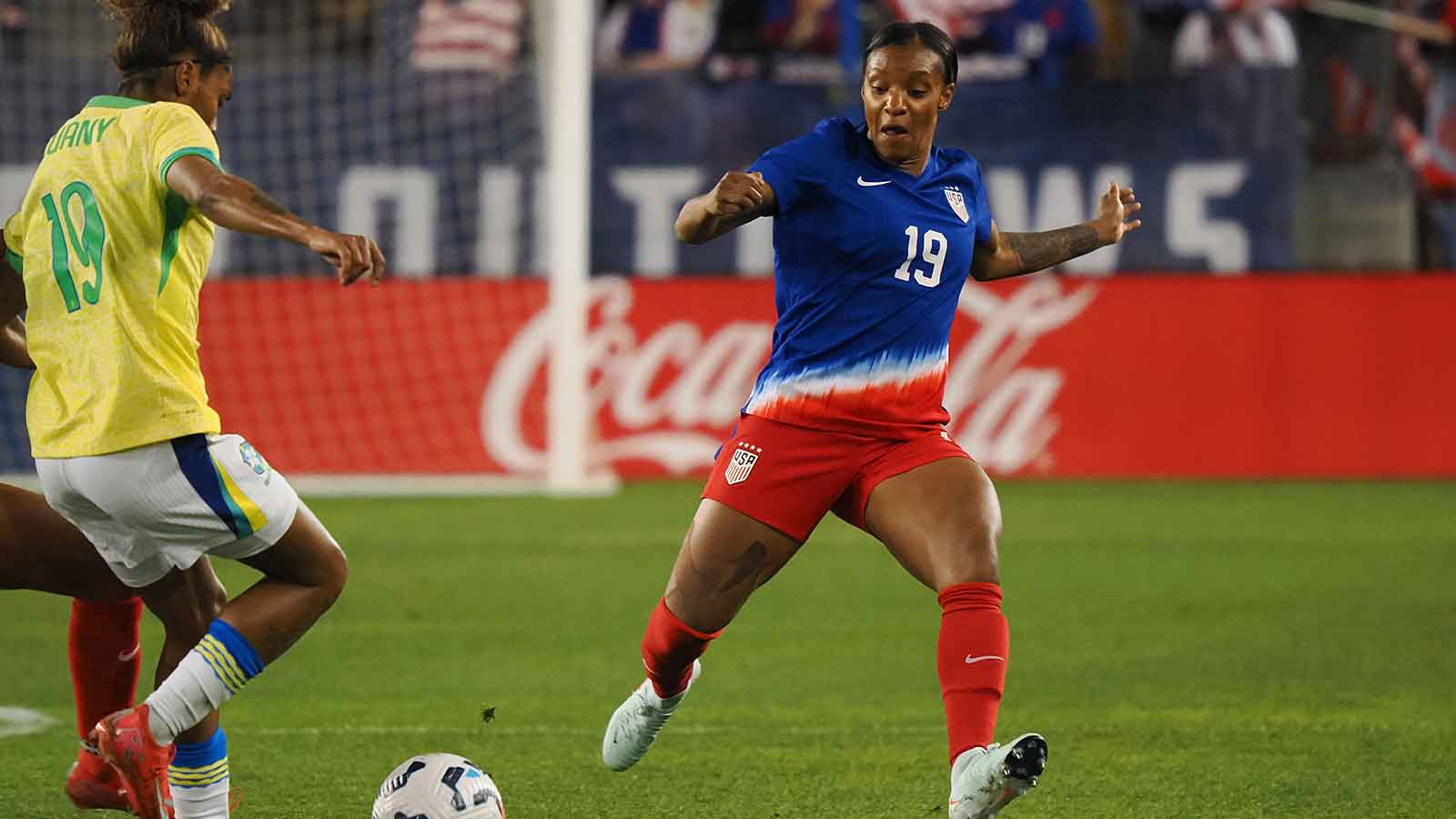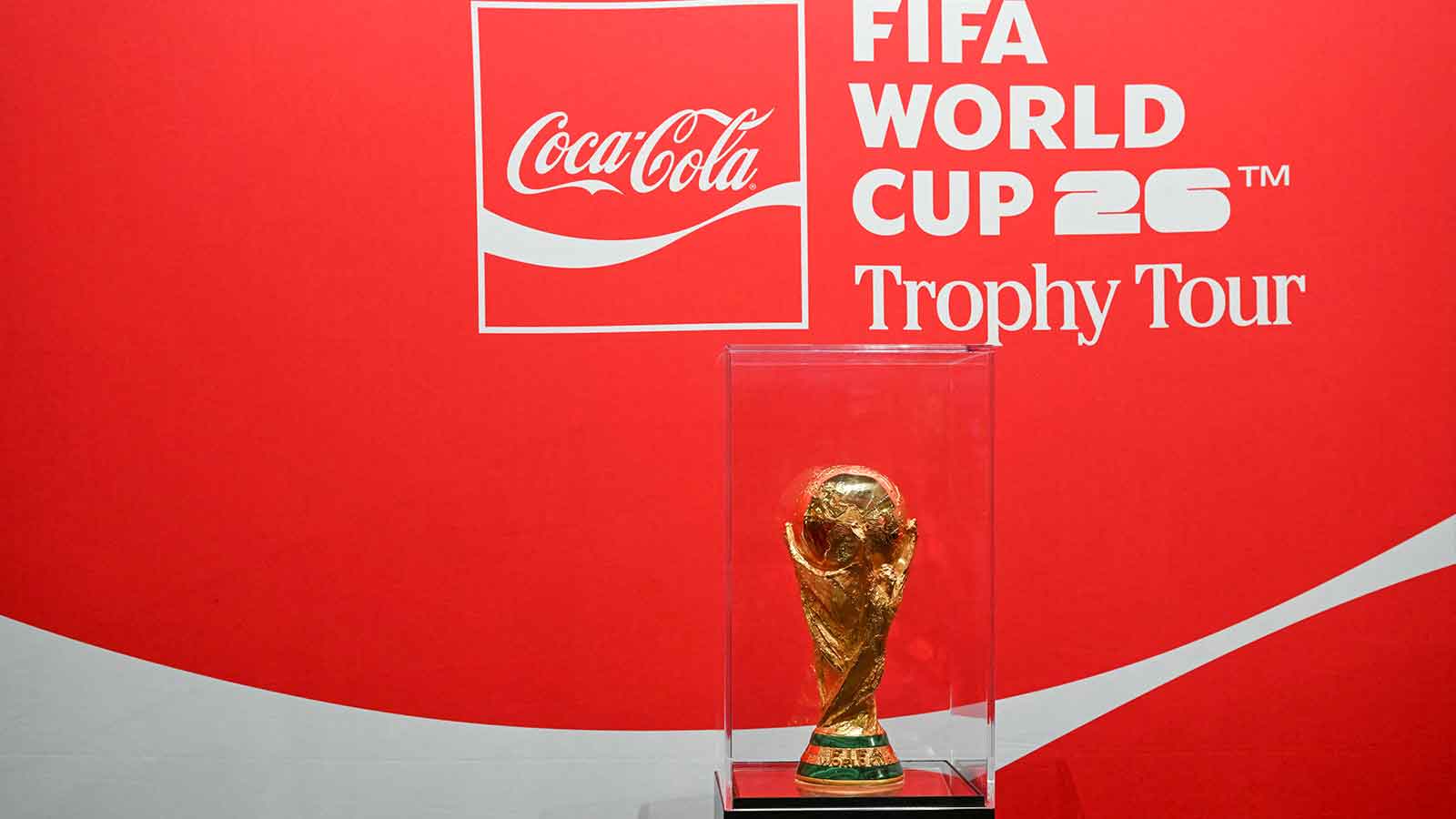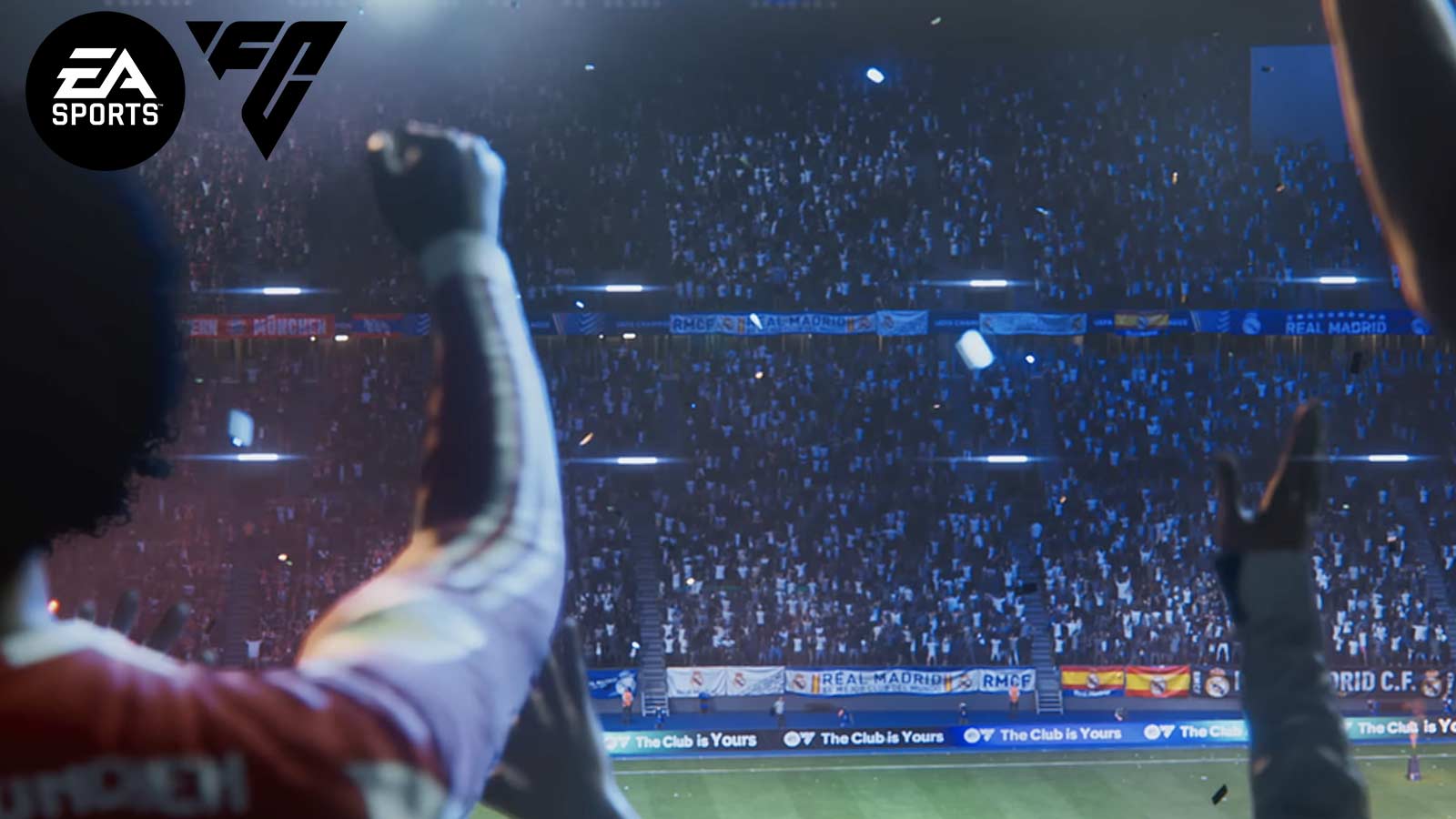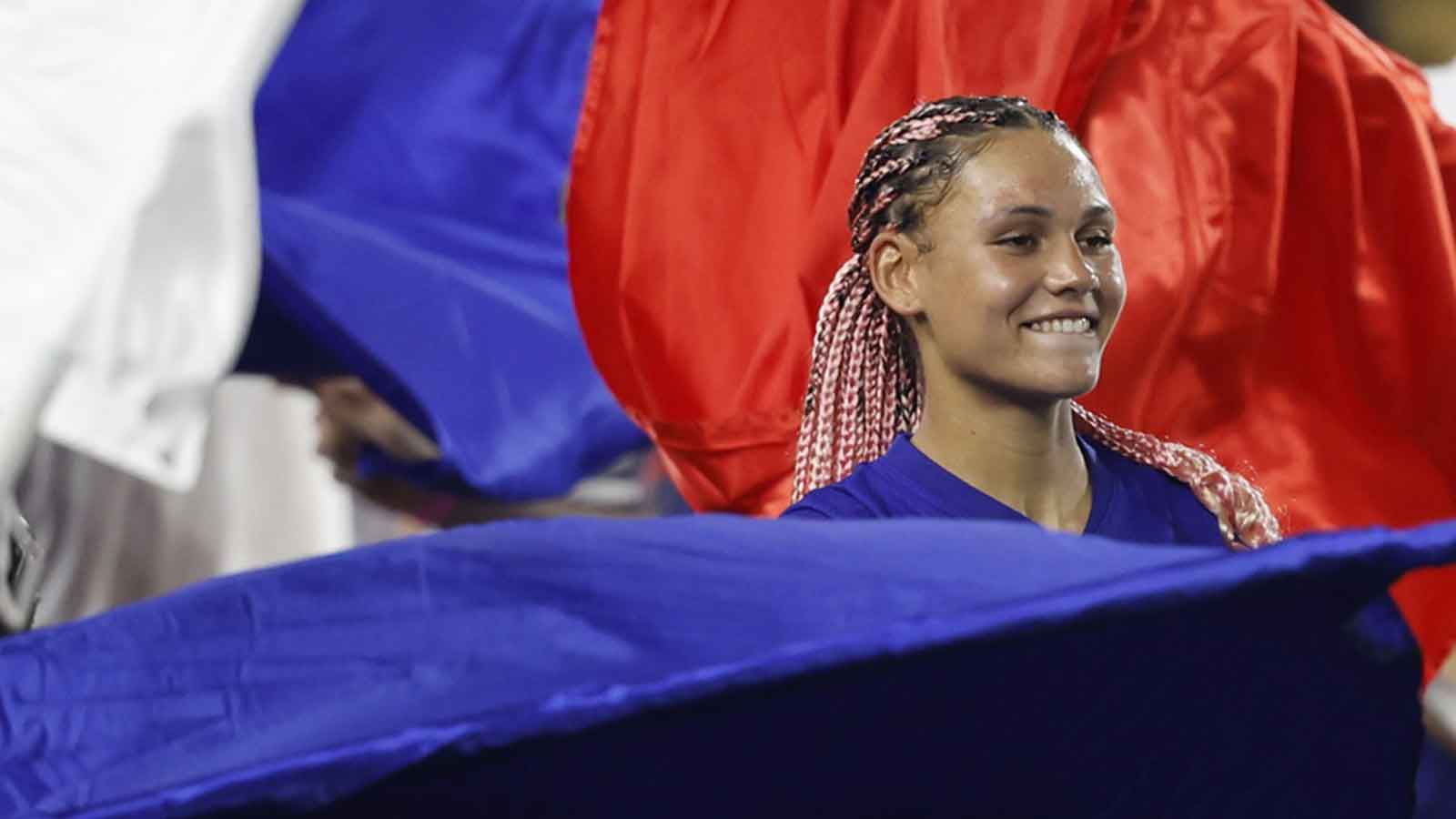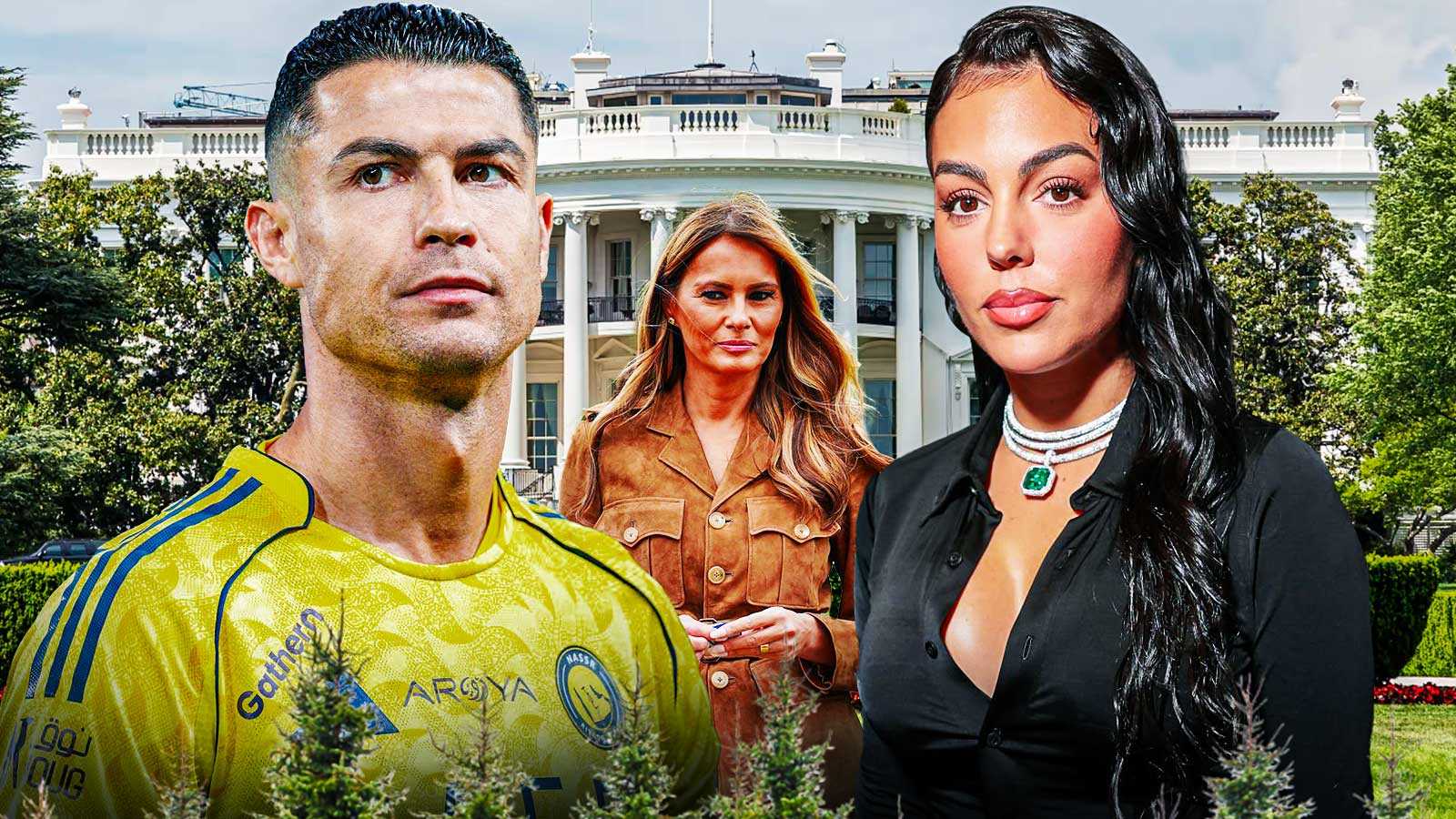Manchester United has recently taken a decisive stance against certain media outlets, banning these organizations from publishing stories without adhering to the standard journalistic practice of seeking the club's perspective, reported by Fabrizio Romano. The move is not a restriction on stories the club may dislike but rather a response to the lack of crucial steps in the reporting process.
Erik ten Hag, the manager of Manchester United, expressed his perspective on the media ban, emphasizing the importance of a collaborative approach. According to ten Hag, the expectation is that media outlets should engage in open communication with the club before publishing articles, allowing for a constructive dialogue. He highlighted the value of a pre-publication exchange where concerns can be addressed, providing a more balanced and accurate representation of the club's stance.
The decision to take action against select media organizations reflects the club's commitment to responsible journalism and a desire for a fair representation of events. It underscores the significance of maintaining transparent and communicative relationships between football clubs and the media.
In the realm of sports reporting, accuracy and fairness are paramount, and the move by Manchester United serves as a reminder of the mutual responsibility shared by clubs and media outlets. The expectation is not to change journalism but to keep up a collaborative environment where accurate, well-contextualized stories can be presented to the public. The coming weeks will likely shed more light on the evolving dynamics between Manchester United and the media as they navigate this relationship.




